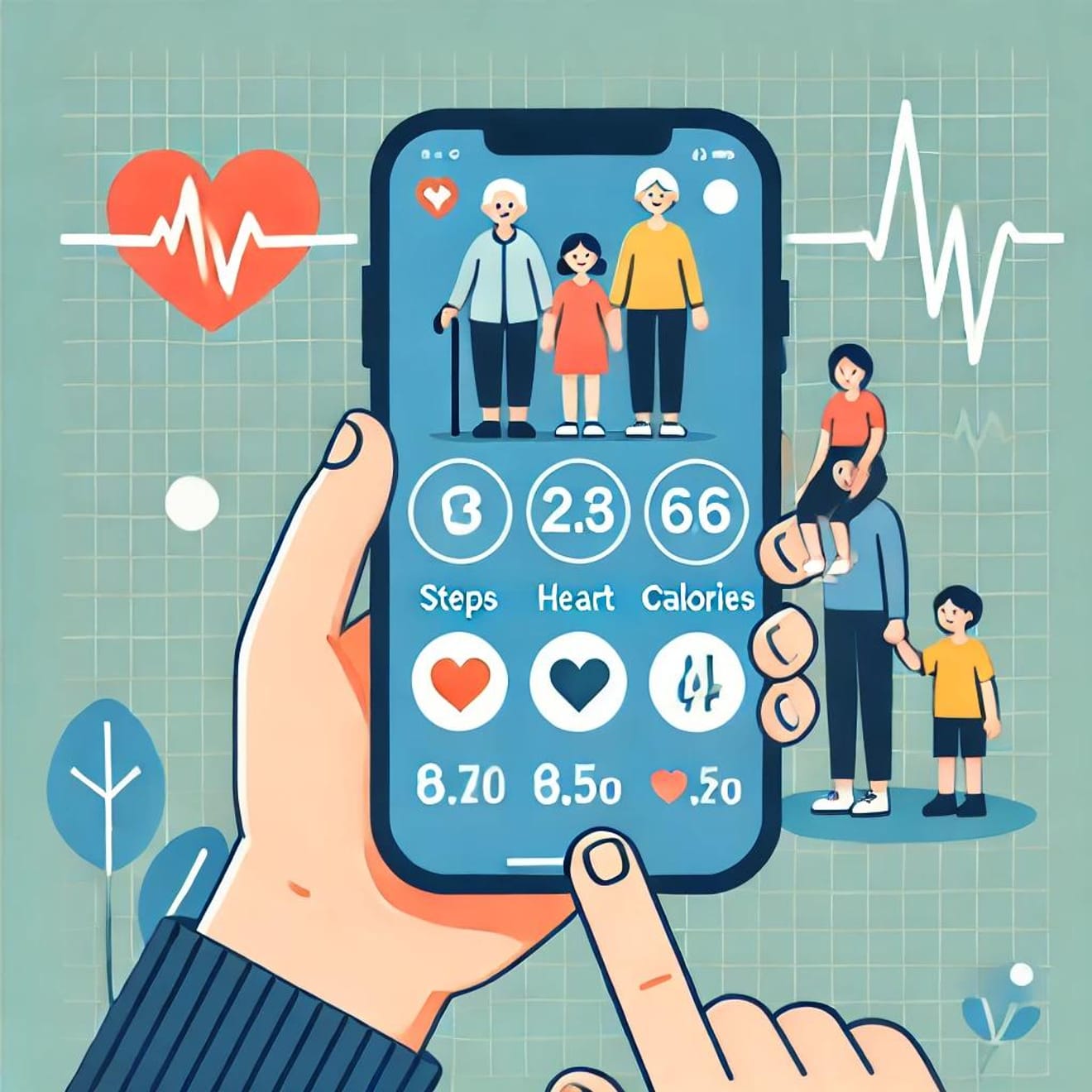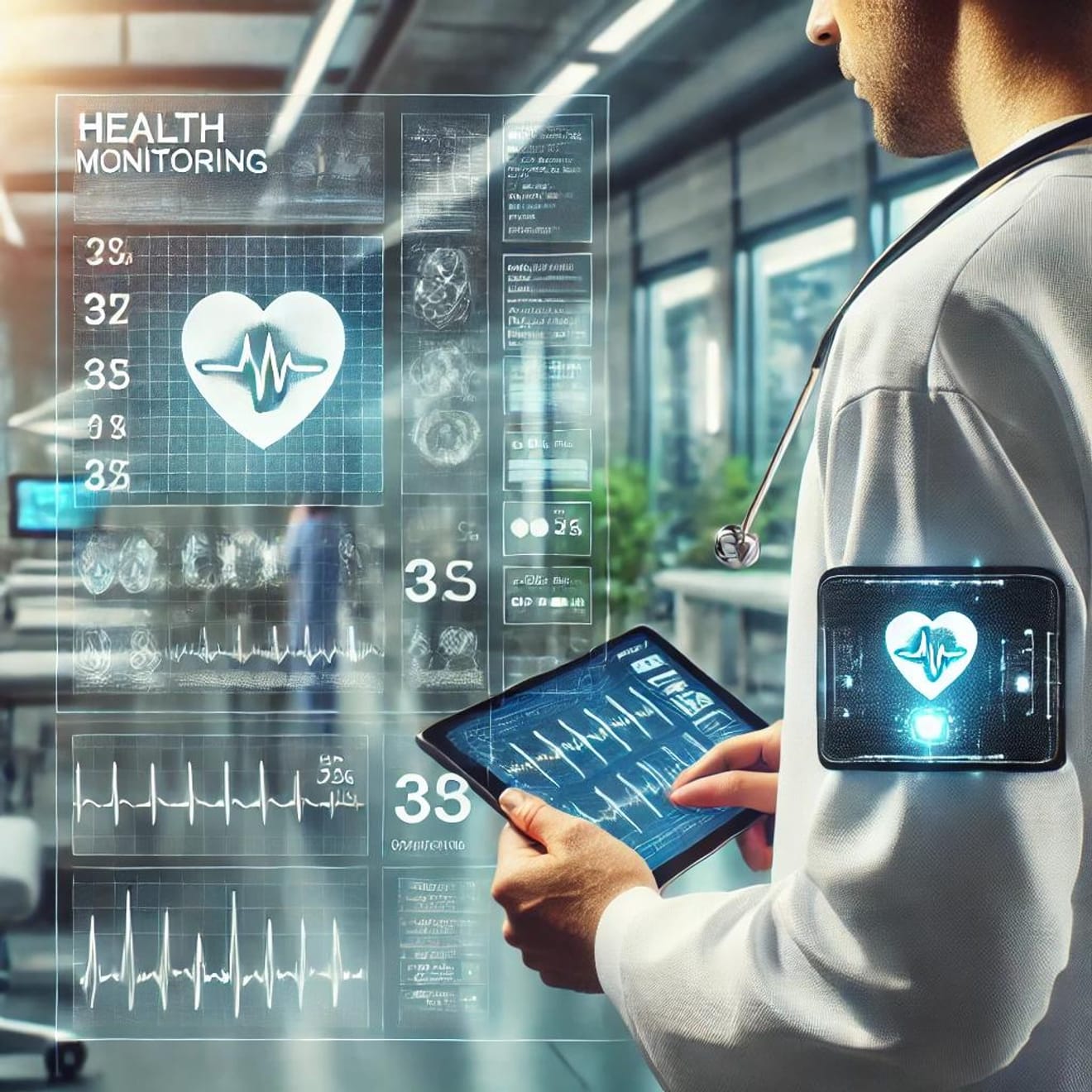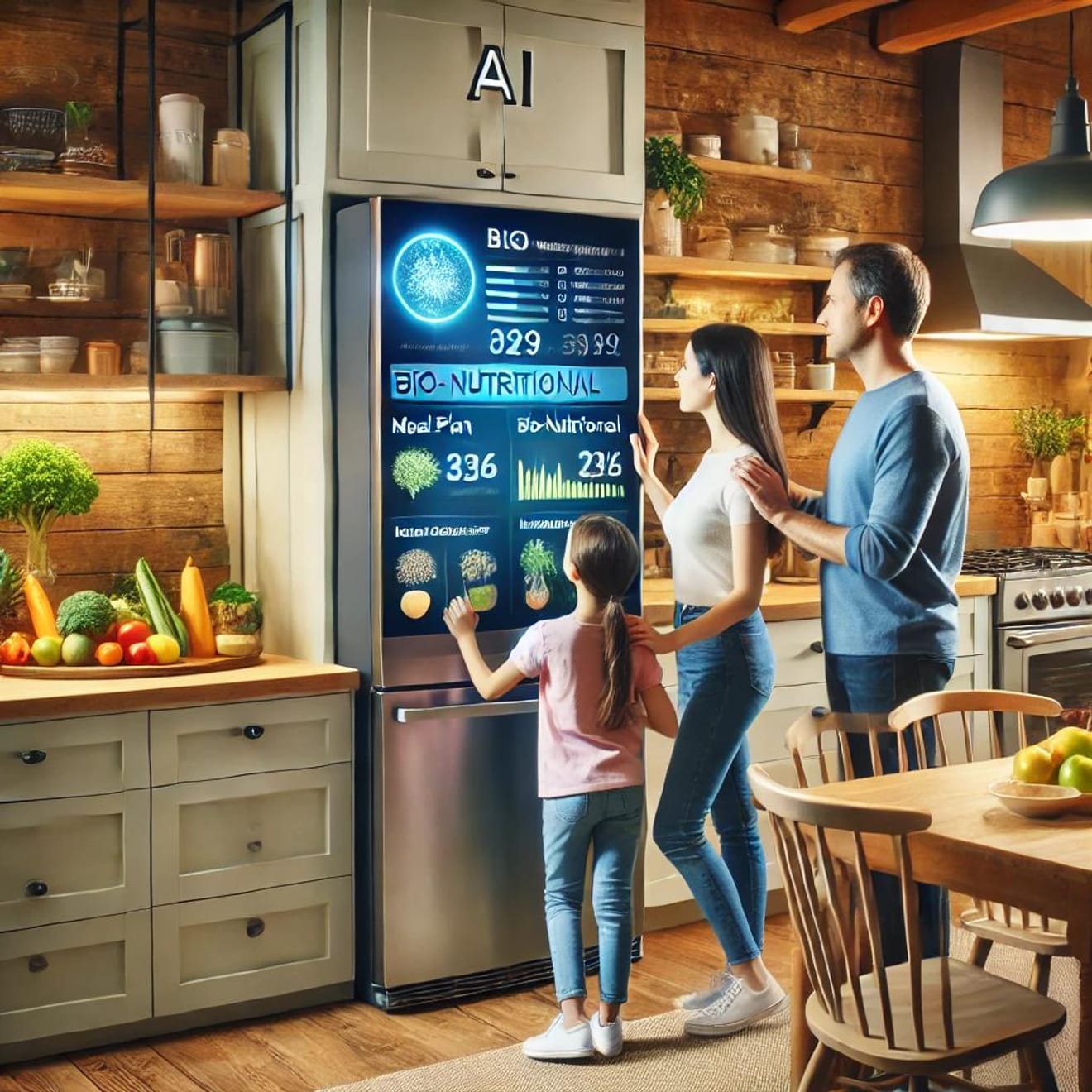After 2025, advancements in biotechnology will fundamentally change how we manage our health. Gene editing, precision medicine, and AI-based healthcare are already impacting our lives, and in the future, they will manage individual health in even more powerful and innovative ways. This article will explain the direction of biotechnology development and future healthcare, and discuss how biotechnology will enable personalized treatment and preventative healthcare.

1. Key Development Areas of Biotechnology After 2025
After 2025, the development of biotechnology will offer more precise, efficient, and personalized healthcare methods. The main development areas are as follows:
1.1 Gene Editing Technology (CRISPR)
CRISPR-Cas9 technology has opened a new paradigm for gene editing. This technology offers the potential to accurately correct specific parts of genes, thereby treating or preventing genetic diseases. After 2025, CRISPR technology will become more prevalent in disease prevention and treatment. Early treatment of genetic diseases such as cystic fibrosis, hemophilia, and cancer will become possible, and personalized gene therapy will become more advanced.
1.2 Precision Medicine (Personalized Medicine)
Precision medicine is an approach that provides the most appropriate treatment by considering an individual's genes, environment, and lifestyle. After 2025, precision medicine will advance further by combining with AI. AI algorithms will analyze patient health data to suggest personalized treatment methods, enabling a personalized approach to drug development and treatment methods. This will lead to more accurate diagnoses and effective treatments.
1.3 AI-based Healthcare
The development of Artificial Intelligence (AI) has already caused significant changes in the healthcare field. After 2025, AI will make data analysis and prediction even more sophisticated, playing a crucial role in disease prevention. AI analyzes real-time health data to help users recognize early signs of disease and plays an important role in suggesting personalized treatments.
1.4 Wearable Devices and Biomarkers
Wearable devices can measure various physiological data such as heart rate, blood pressure, steps taken, and sleep patterns in real time. After 2025, these devices will combine with biomarkers to enable accurate disease prediction and real-time health monitoring. For example, wearable devices will continuously track a user's heart health and provide immediate notifications if abnormalities occur, playing a crucial role in disease prevention.
2. Future Healthcare: The Era of Prevention and Early Diagnosis
An important aspect of healthcare after 2025 will be prevention and early diagnosis. In the past, treating diseases after they occurred was common, but the future healthcare system will change to a method that can predict and prevent the occurrence of diseases.
2.1 The Convergence of AI and Biotechnology
The convergence of AI and biotechnology will enable the realization of personalized preventive care. AI analyzes individual health data and provides accurate health predictions based on this data. For example, AI analyzes heart rate, body temperature, and blood sugar levels collected from wearable devices to predict the likelihood of heart disease or diabetes and suggests personalized prevention methods. This will allow for disease prevention before it occurs and enable early treatment.
2.2 Accurate Disease Prediction
After 2025, accurate disease prediction will be achieved using AI and data analysis technology. For example, AI analyzes genetic information and lifestyle to predict the risk of developing cardiovascular disease, cancer, and diabetes. Through these predictions, users can receive accurate prevention methods and prevent disease in advance.
2.3 Personalized Healthcare System
Personalized healthcare will become even more important after 2025. Genetic analysis, AI-based health monitoring systems, and wearable devices will combine to allow users to achieve personalized health management. Precision medicine and gene-based therapies will provide customized treatments based on a patient's genetic information, and AI will enable effective health management and disease prevention.

3. Future Biotechnology: Opening New Possibilities
After 2025, biotechnology will provide more disease treatments and prevention strategies. In particular, gene editing and AI-based health analysis will enable accurate disease prediction and personalized treatment, realizing accurate health management.
3.1 AI-based Drug Development
AI will play a crucial role in drug development. AI analyzes genetic information, protein structure, and drug efficacy to help develop personalized drugs and suggest drugs with fewer side effects. This will enable more accurate treatment and minimize side effects.
3.2 Telemedicine and Integrated Systems
Telemedicine will be further developed after 2025. Telemedicine using AI and wearable devices provides a system where users can monitor their health status accurately from home and consult with healthcare professionals. AI-based analysis also enables faster and more accurate diagnoses and personalized treatment.

After 2025, the development of biotechnology will enable preventative healthcare and accurate disease prediction, fundamentally changing the paradigm of healthcare. The convergence of AI and biotechnology will realize accurate and efficient healthcare, and personalized treatment and prevention will greatly contribute to maintaining a healthier life.
Comments0